Indigenous voice to parliament: Much more truth-talking needed in Indigenous affairs
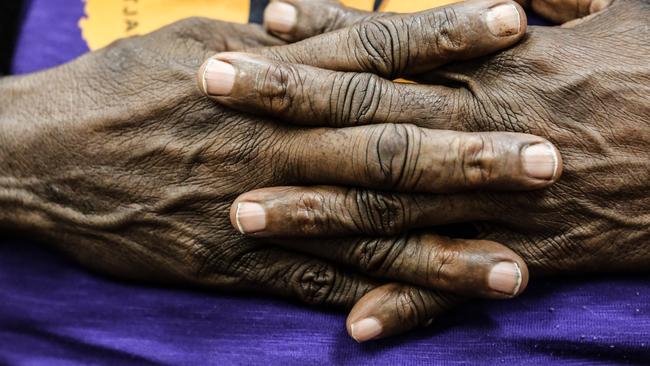
The supporters of this model promote it as a long overdue form of recognition of Indigenous Australians. Thus, they argue, it deserves to be supported by all Australians, just because it has made it this far and other initiatives may not arise.
It is argued that now is the once-in-a-lifetime opportunity to do “something” – if this initiative is not followed through, there will be nothing else.
This is an extraordinary supposition; to do something because there may never be another time to do anything at all. There is no doubt we are in a chaotic mess when it comes to Indigenous affairs and for this reason alone this is not the time to do anything without a thorough research base and rationale. The right time will come.
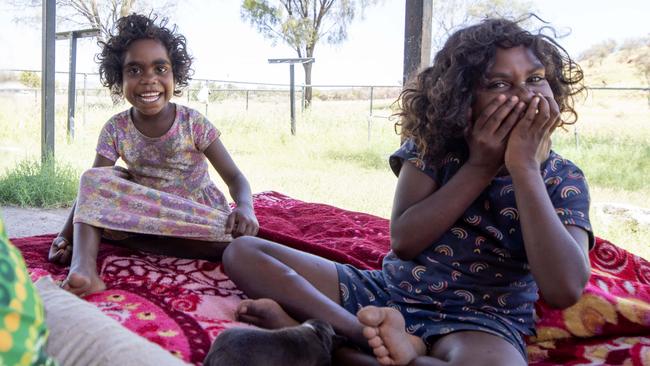
On the contrary, many people believe this initiative is premature, that there needs to be an exercise in information-gathering as a basis for any change.
For example, the problem of who is Aboriginal and thus who will be able to be included in the voice in terms of voting and representation is the elephant in the room, begging to be addressed by either side of parliament.
The fashion of self-identification as an Indigenous person is out of control. How can we continue debating the advisability of a referendum on the voice when the 2021 Australian census figures show the Indigenous population increased by a staggering 25 per cent? This unprecedented increase warranted a statement from the Chief Statistician, who said the growth was not only due to more births, but “also an increase in the number of people who are self-identifying”.
However, both sides of parliament remain silent on this matter. This is not good enough when the increase in “box tickers” has a huge impact on government spending, on Closing the Gap statistics, on cultural representation and on Aboriginal health and wellbeing.
The whole of the policy and program development in Indigenous affairs depends on truth-talking about the recent identifiers. It is a fact these people cannot be ignored, the gates have opened, but ways of ameliorating their genocidal impact on the true Aboriginal people need to be found and implemented.
There is also the other longer-standing elephant in the room in Indigenous affairs: the relationship between the commonwealth and the states over Indigenous policy and programs, whereby Aboriginal people tend to fall between the cracks in these government’s jurisdictions and a funding deficit occurs.
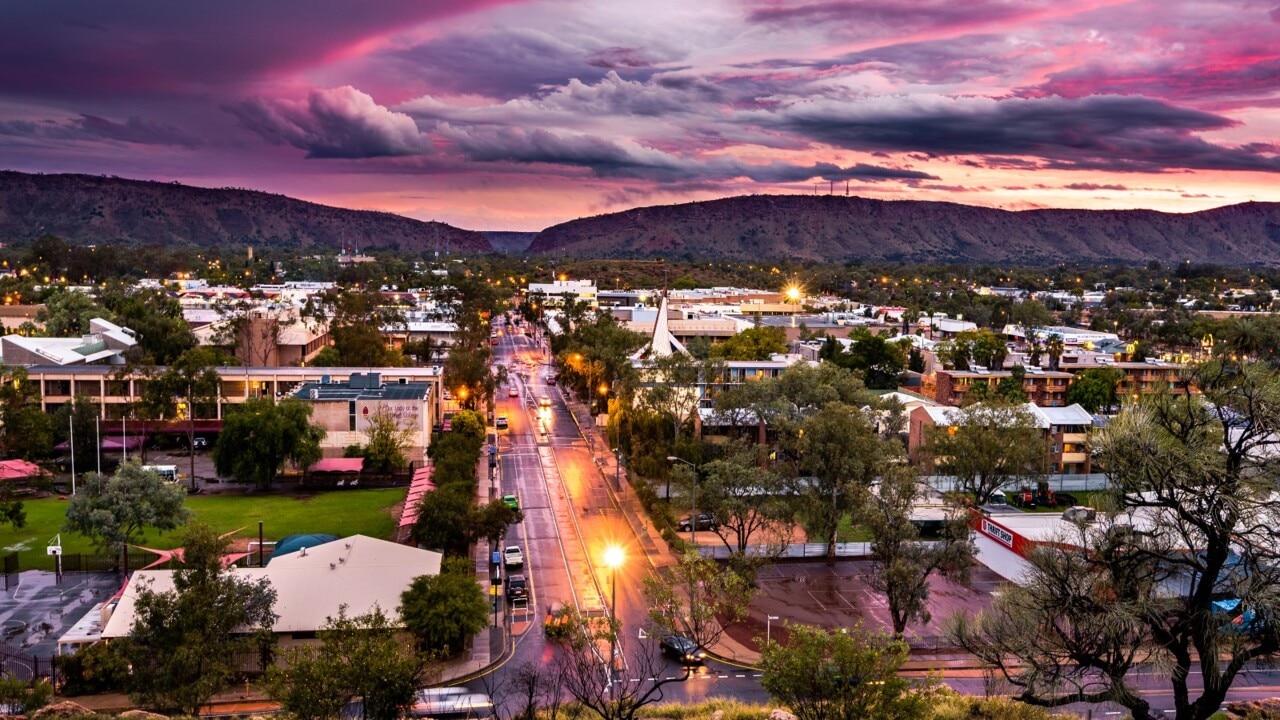
Historically, the states have never fully picked up their responsibility to fund Aboriginal people and communities as if they were citizens. That is, the funding for education, housing, roads, water and the whole raft of essential services usually delivered to citizens were not in place when the commonwealth began to intervene in Aboriginal affairs in the early 1970s.
In many cases the federal government picked these up as an urgent stopgap measure but they remain problematic and a lasting cause of Aboriginal disadvantage. How will the voice address issues such as these?
The Labor Party has long claimed the moral high ground in Indigenous affairs. This is not always borne out in the evidence, as Aboriginal people are well aware. Aboriginal leaders have recognised the dangers that lie in having our aims and our culture appropriated and commodified by white institutions, including political groups. As the debate stands, there is no clear argument that this model of recognition will deliver in terms of outcomes for the most vulnerable, the poverty-stricken and forgotten Aboriginal people.
Curiously, while Labor claims Indigenous advancement as its own project, Aboriginal people do not necessarily reciprocate that loyalty. Many are swinging voters in the extreme; we don’t have the same adherence to the politics of the right and the left but rather tend to weigh up our allegiance in terms of the issues at hand.
We have been told those who do not wholly and uncritically support the voice are “rednecks”, in a deeply unfortunate turn in the debate. That abuse led to talk of “white rednecks” and “black rednecks”, and certainly had an impact on my position. I was left wondering if this personal abuse and mud-slinging predicts the level of debate if we were to have a voice.
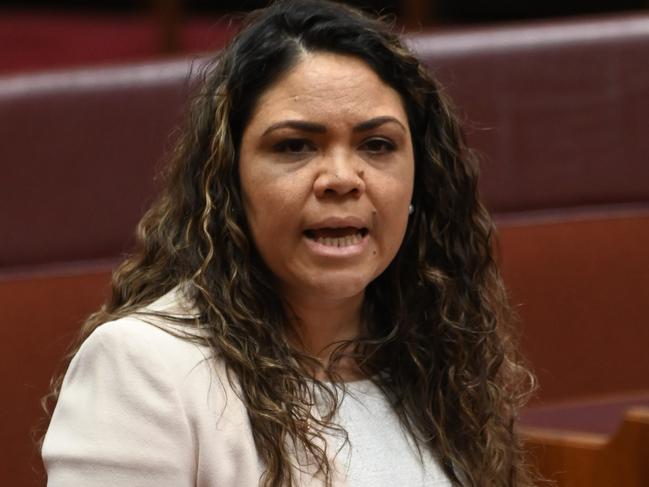
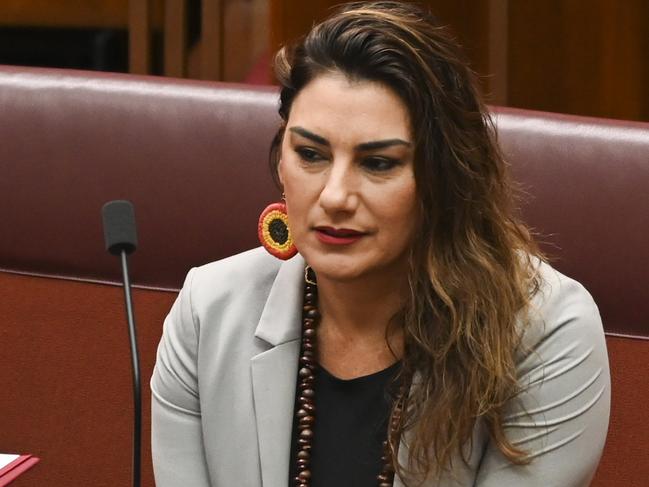
Far from being unthinking bigots, people who are asking for more detail, more evidence of how this will work to address the needs of those most vulnerable among us, include Indigenous people themselves. Those who say we first need truth-talking, a deep and broad inquiry into the parlous state of Indigenous affairs, are also Indigenous and representative of community opinions. These are important and serious considerations.
The truth is, we Aboriginal people are a broad church, often with strong and well-worn positions vis-a-vis our relationship with the nation-state. We come from generations of activists who have attempted to reach a just and proper settlement and who have had to deal with both sides of politics doing for us what we want to do for ourselves.
We are no homogenous political entity. Thus it is that Lydia Thorpe and Jacinta Price, seemingly from opposite ends of the political spectrum, are not an anomaly in their rejection of the voice model for Indigenous recognition and representation in the Australian parliament. They in fact represent the views of many Aboriginal people. This is not about political loyalty so much as addressing the veracity of the proposal at hand.
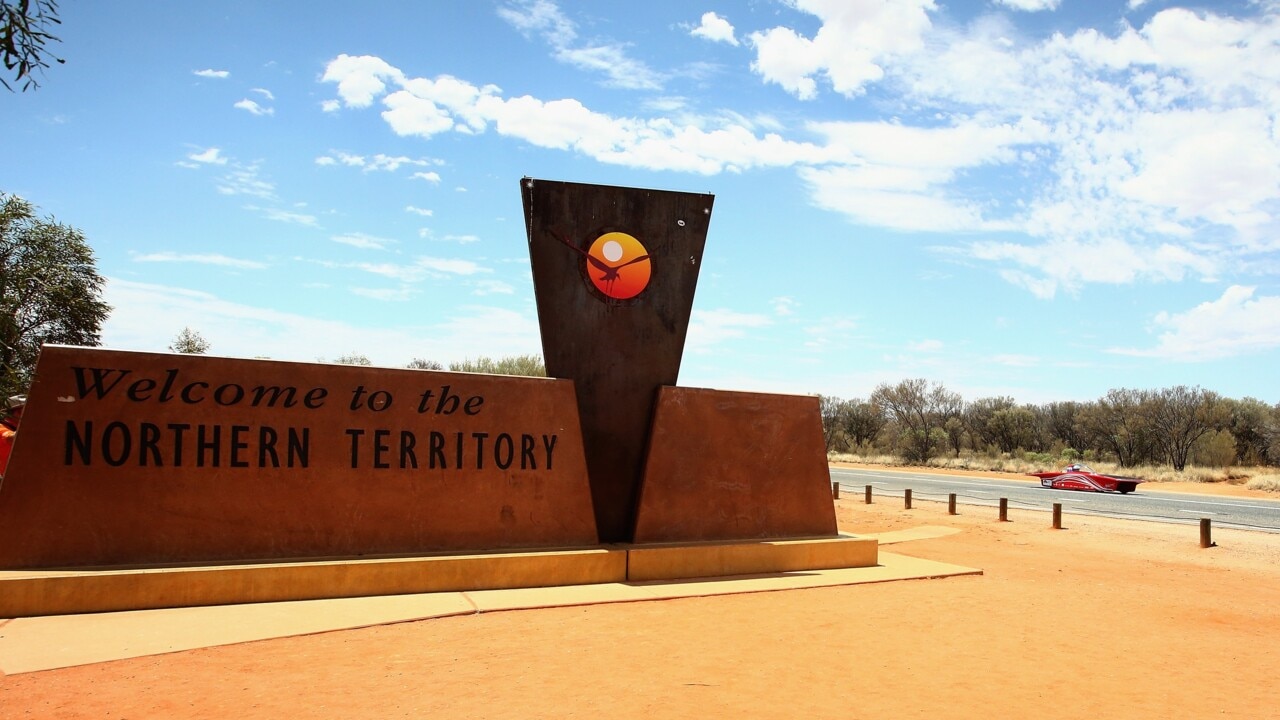
It is my reading that the Labor Party risks losing support from Aboriginal people because it has not grasped this reality. This is somewhat paradoxical, given Labor prides itself on representing broad and divergent opinions. The time is ripe for a broader consultation, truth-talking and an exercise in truly listening in Indigenous affairs.
The more Prime Minster Anthony Albanese obfuscates and refuses to deliver on the details of how the voice will work for us, the more he refuses to reach out to Aboriginal people beyond the select group advocating for the voice, the more we are left thinking this could be nothing more than a hollow gesture and virtue-signalling in the extreme.
The stakes are high and we cannot risk another misdirected and failed attempt in addressing the real needs of Aboriginal people.
Victoria Grieves Williams is Warraimaay and an historian. An independent scholar living between Australia and New York, she is co-editing transnational collections on activism and on Indigenous identity fraud to be published in 2023.

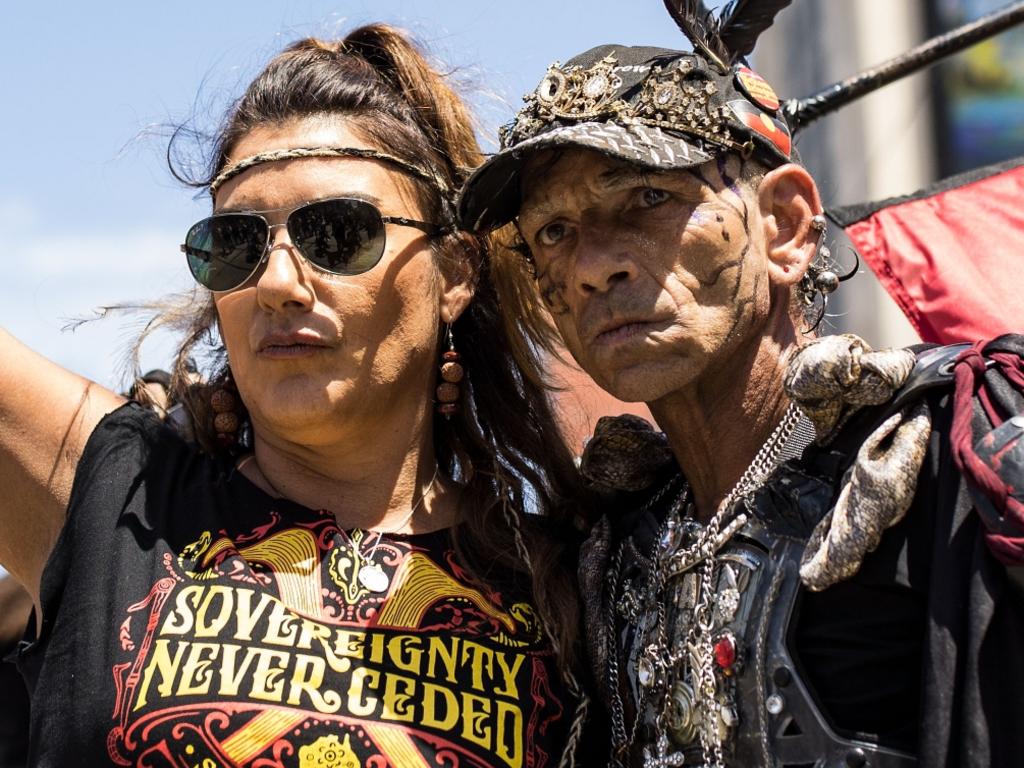
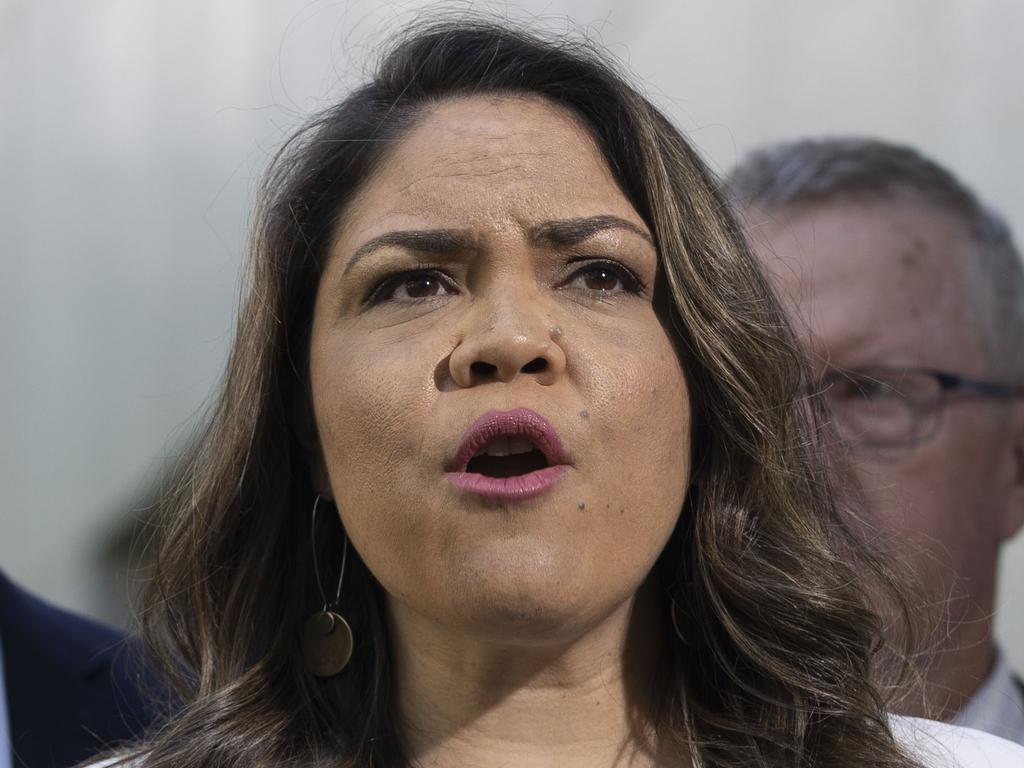
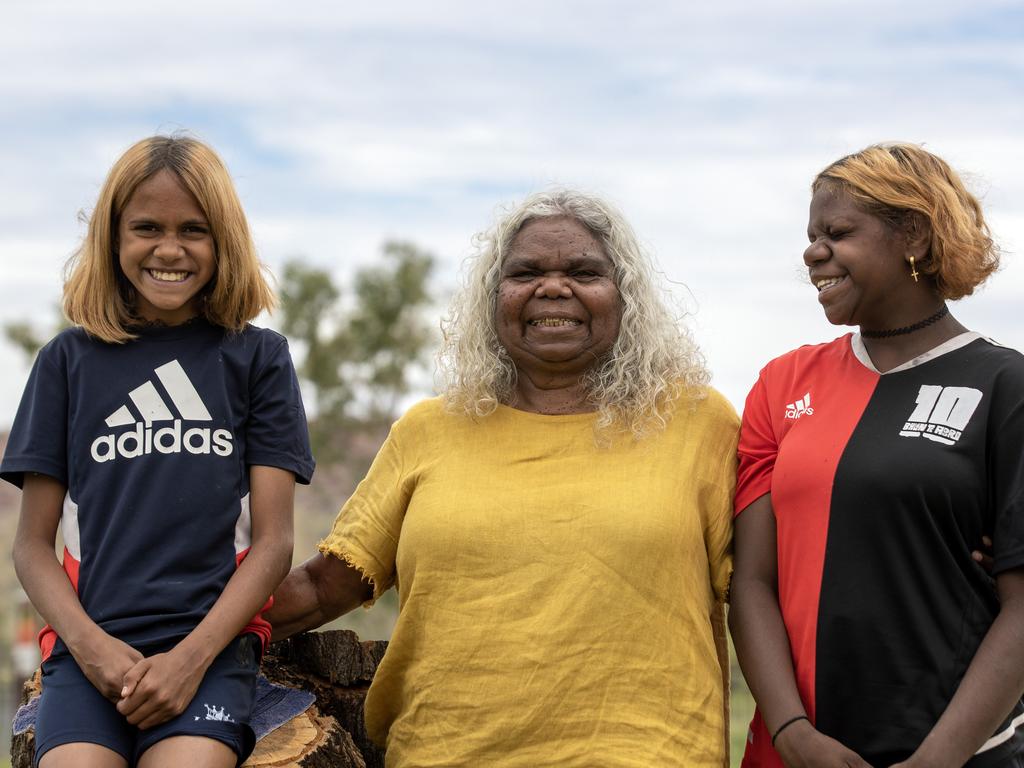

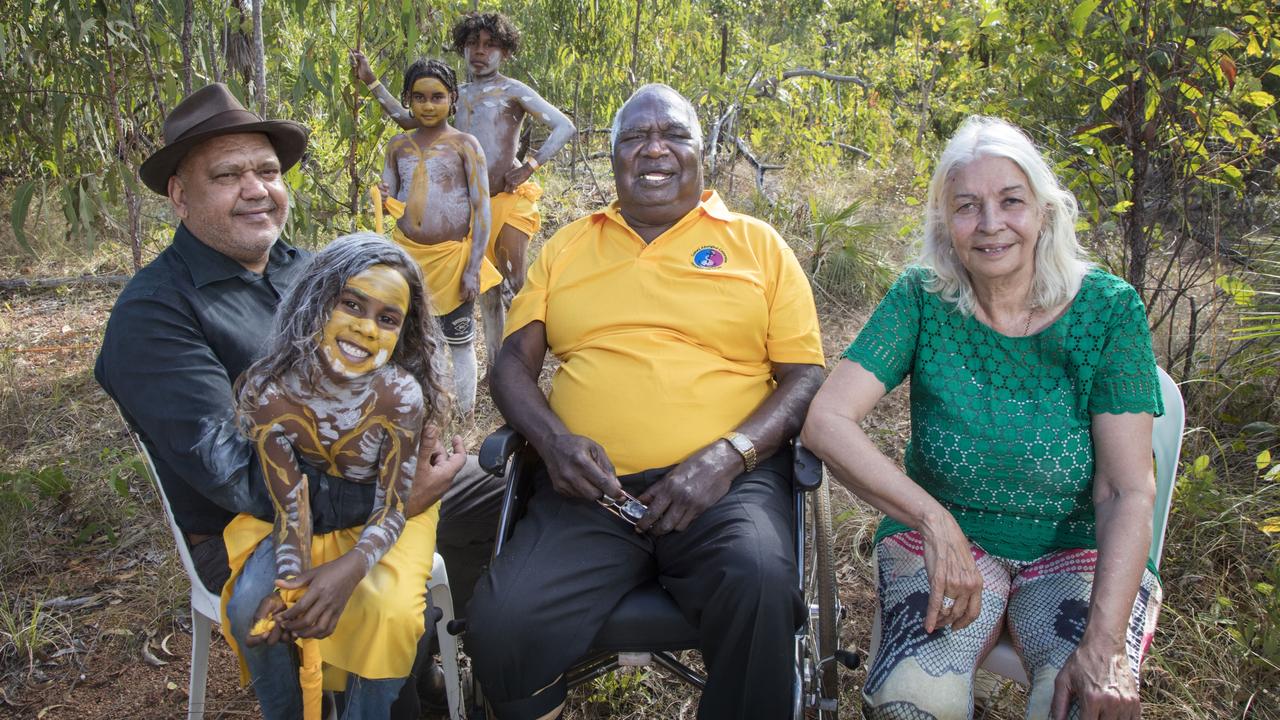
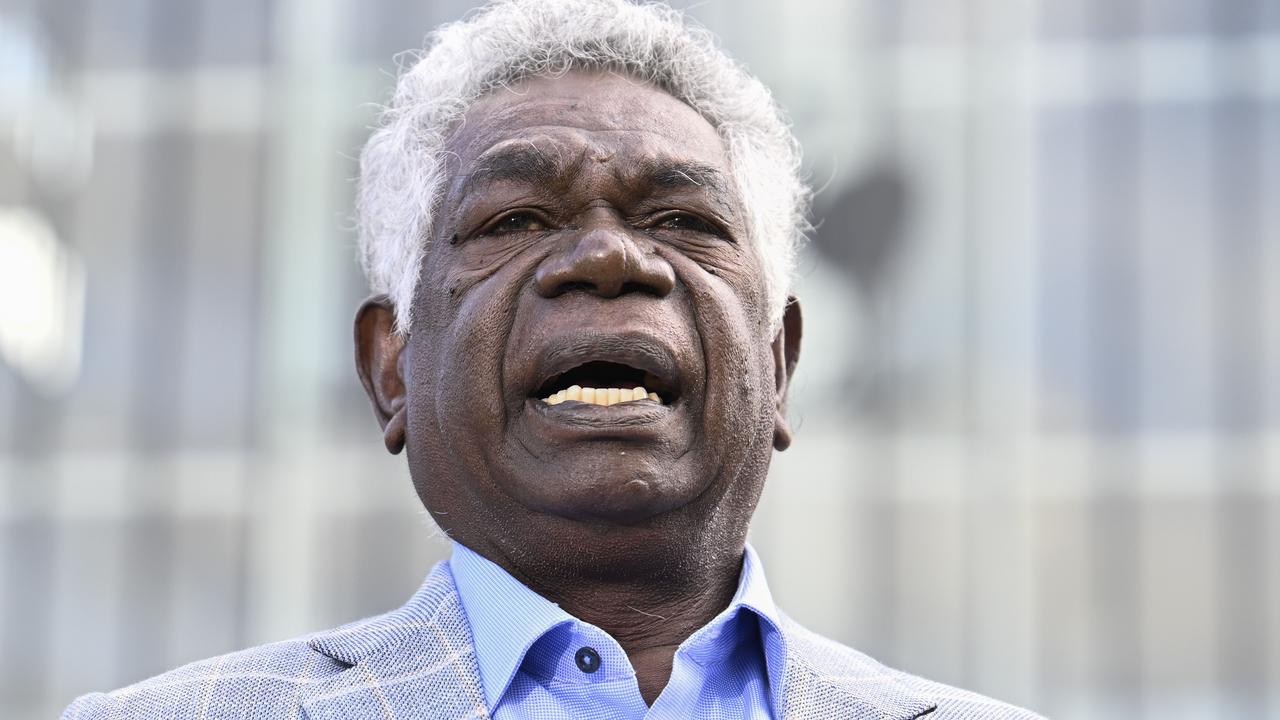
The campaign for a referendum on the Indigenous voice to parliament, to ensure it be enshrined in the Constitution, has been vigorously taken up and championed by the Labor Party.